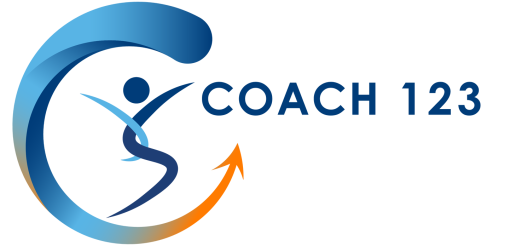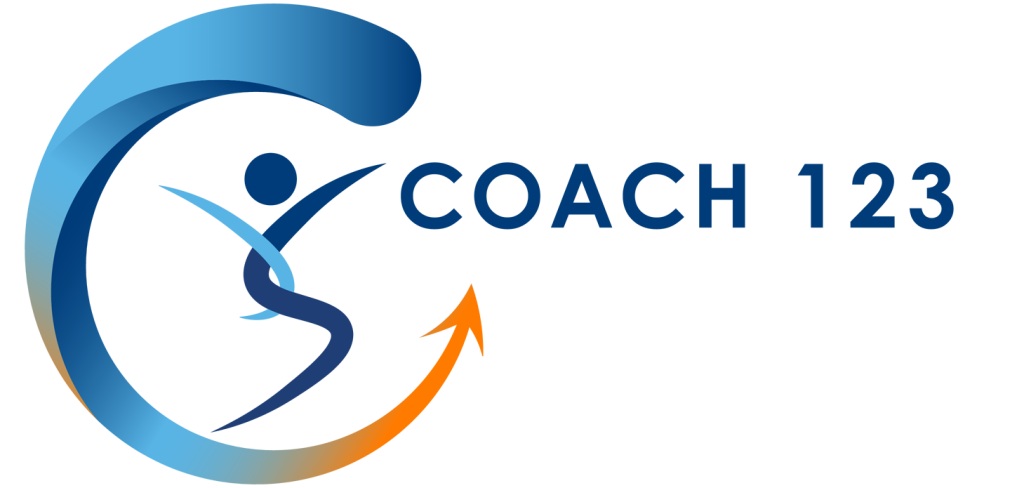Coaching Competencies for Coaching Efficacy
Coaching Competencies for Coaching Efficacy

During coaching training, coaches learn both the competencies for being a coach and the behaviors that demonstrate competency. As a coach, there is an ongoing check-in — am I demonstrating the competencies? Am I doing my best to serve each client? When you think about how working with a coach, it is important to work with a coach that cares enough about their work and their client to learn the competencies through professional coaching programs and embody the Code of Ethics. It can be very helpful to understand the competencies of a coach.
The very first competency for a coach is Demonstrates Ethical Practice. There is a comprehensive Code of Ethics that members and credential holders from the International Coaching Federation, ICF, are accountable to and there is a review process for complaints. The competency also goes beyond following the Code of Ethics and calls on coaches to demonstrate integrity and be sensitive to the client’s identity, environment, values, and beliefs.
Competency 2, Embodies a Coaching Mindset calls on coaches to have a self-reflective practice. The self-reflective practice may mean that after each coaching session, the coach reflects on the session, thinking about what went well, what they can improve, and how to improve it. Many coaches will work with a supervisory coach to further develop their efficacy. In coaching supervision, the coach explores what is happening in their coaching relationships for awareness and insight on how to improve. At the Center for Coaching Certification, during mentor coaching, each coach takes a 360 evaluation of their coaching competencies. The coach receives the score on themselves as coach and the average score based on the feedback from their clients. When a coach pursues a credential through coaching certification classes, they are assessed on their competency and given feedback.
Another coaching competency is Establishes and Maintains Agreements. The coach will have a formal agreement with a client explaining what coaching is and is not, how confidentiality is managed, roles and responsibilities, and the logistics of the coaching relationship. Additionally, each session the coach will invite the client to define their objectives and agenda for that session specifically.
When the coach is effective, applying their competencies learned through ICF accredited coaching programs, demonstrating the PCC markers, they’re self-assessing and evaluating and adjusting on an ongoing basis. In addition to that, having the conversation with the client before they start, how the client will measure the success of the coaching engagement where appropriate. Having that conversation with the sponsor, how the sponsor will determine the value received from the coaching relationship, setting those measures up ahead of time, tracking them as you go, and of course, an overall assessment at the end of meeting those measures.
Competency 4. Cultivates Trust and Safety and 5. Maintains Presence work together with the coach staying completely focused on the client, is supportive and transparent, and earns the client’s trust. With the number one indicator of success in a coaching relationship being rapport, this is very important.
Listens Actively and Evokes Awareness, competencies 6 and 7, call on the coach to listen far more deeply and ask powerful coaching questions that support client exploration and awareness. These skills are developed through comprehensive coaching courses and refined through practice.
The eighth competency, Facilitates Client Growth, makes it clear that the coach is there to serve the client in their growth and success. This is particularly emphasized in business coaching certification programs where coaches learn to support professional development.
The research is clear — coaches that have completed accredited training for coaches and earned a coaching certification from the International Coaching Federation are more effective in serving clients and the clients are happier with the results.
This brings up a few interesting questions. Do you want a coach that isn’t trained? While most professionals are required to have specific training, coaching remains self-regulated through the International Coaching Federation, ICF. This means there are coaches who are untrained, and they even say training is unnecessary. While this is technically true, what does it tell you about that coach’s commitment to quality and service? When you engage a coach, ensure they are a member and/or credential holder with ICF, having completed one of the best coaching programs available.
A second interesting question: Do you want AI to be your coach? On the one hand, AI can be developed to do the technical side of coaching. Unfortunately, AI does not protect confidentiality, nor does it fully grasp right and wrong. AI cannot sense the emotions and when there is more to explore. While AI can be less expensive, it truly is a case of getting what you pay for — AI has limitations that online coaching training and online coaching programs address through human connection and intuition.
What is a best practice for engaging coaches? Use a coaching provider that can offer a selection of vetted coaches for each client, coaches who have completed recognized programs from institutions like the Center for Coaching Certification, and make it easy to provide coaches at different price points.











